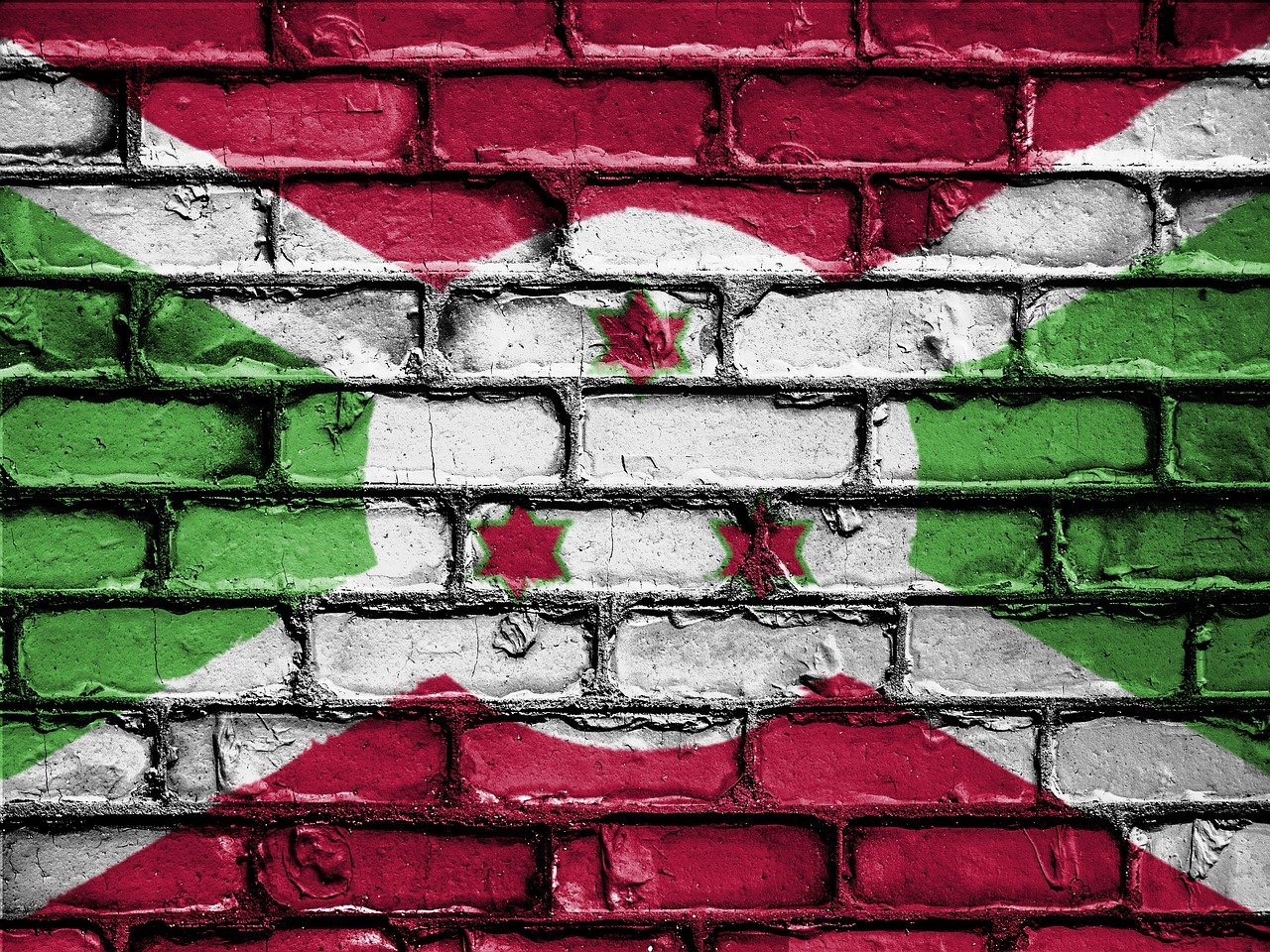9 August 2023

Flag of Burundi (photo credit: David_Peterson via pixabay)
Burundi’s Senate officially launched an evaluation of the ethnic quota system that gives Hutu and Tutsi, the two main Burundi ethnic groups, [shared power] in government, a first attempt to evaluate the[m[ in more than 20 years. The ethnic quota system is a fundamental part of the 2000 Arusha Agreement that ended more than a decade of civil war in Burundi, where issues related to power sharing between the ethnic groups remain sensitive in the country. [...] The Senate is expected to conduct the evaluation meeting in every province where civil society, religious, political leaders and other interest groups will meet and provide their opinion about the ethnic quota system. The Senate will then submit a report to the president for a decision on maintaining or scraping the ethnic quota system. Burundi’s former President Domitien Ndayizeye, who is from the Hutu ethnic group, said that the ethnic quota was designed for a limited period of time. [...] Sharing power meant that Hutus were entitled to fill 60% of the positions in the government offices, legislative assembly and the judiciary while the Tutsi occupied the remaining 40%. In the army, it has been a 50/50 split. But the decision did not include the Twa ethnic group, who account for less than 1% of the population. The Batwa say that they were marginalized in the whole process including the Arusha Accords. [...] The survey comes as part of article 289 of the 2018 constitution that states that a period of five years is given to the senate to decide to end or extend the arrangement. After a countrywide evaluation, the president of the chamber is expected to submit a report to the president for consideration.
Read the full article here:
Voice of America
